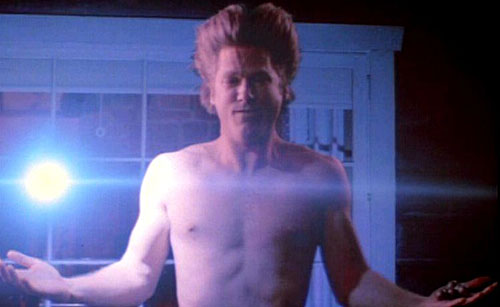Words, Books, Memory
 As a Jewish atheist I enjoy the rituals of my people. While I don’t enjoy laying t’fillin (putting on phylacteries)—although I remember how—I’ve always had a visceral sense memory when seeing or touching the prayer book my dad used.
As a Jewish atheist I enjoy the rituals of my people. While I don’t enjoy laying t’fillin (putting on phylacteries)—although I remember how—I’ve always had a visceral sense memory when seeing or touching the prayer book my dad used.
I have the second one he had in my lifetime. The first, a Shiloh edition daily prayer book, was made of relatively normal linen paper, had almost disintegrated by the time I was ten. It wasn’t really unusual: kiddush with my dad entailed dribbling at least a little wine on the pages, and havdalah, when separating from the Sabbath, adds wax to yet more wine.
My current one, with whatever chromo paper was extant in the 1970s or 1980s, doesn’t shy from absorbing the waxy fats of the Havdalah candle, nor the dribbles of wines wending from horrific Manischewitz to actual red, dry wines.
Seeing, feeling… even smelling these remnants of my former life, my belief life, trigger more than just memory. They bring to the fore, for me, the belief that we can strive to be better than the species. That we can transform the anger, hate, trivial, niggling, negative feelings into something… more. Something that elevates us, as humans, as homo sapiens sapiens, from the troglodyte slaves of hateful religious dogma to individuals of thought, laughter, and action bringing up the level of humanity, instead of sinking what we find to some lowest common religious denominator ensuring that all lose to guilt, anger, and anguish.
Instead of experiencing the transubstantiation of plebeian thought to anger and tempora mores, let’s see if we can’t bring to the fore those flutterings of love from that which brought us happiness, and joy.
Because the alternative is the cataloging of sin, transgression, and propinquity instead of the formless, incalculable, effervescent moment of thought, pulled from the past to the present.
Thanks to Choir! Choir! Choir! for the acoustic background to this piece. Ground Control: we’re still here (although they didn’t do that, they did this).
